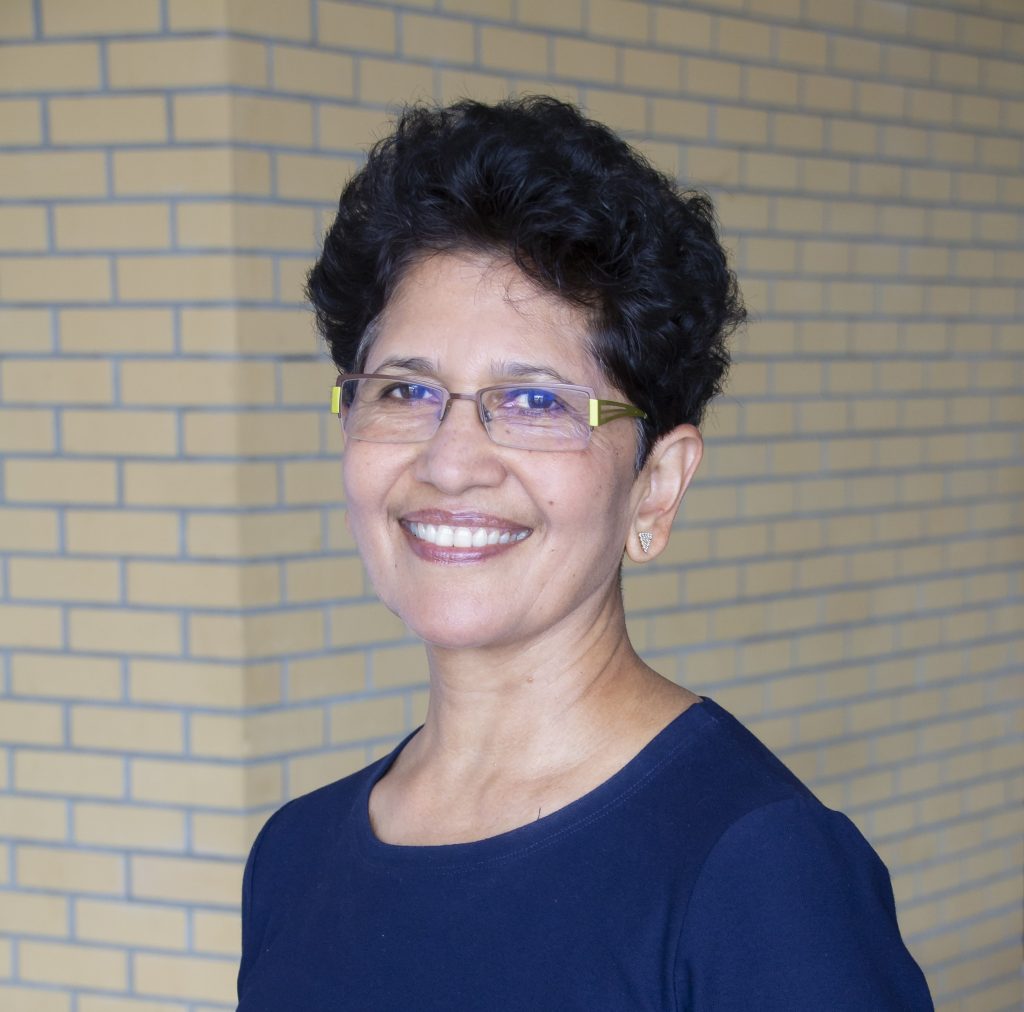
Avoiding disaster, a riskier proposition as weather extremes swirl ever larger
York is Canada’s preeminent disaster and emergency management university with undergraduate and graduate DEM degrees
TORONTO, May 6, 2024 – Droughts, historic flooding, the possibility to beat last year’s worst wildfire season on record, stronger hurricanes and shifting tornado corridors, and that’s just in Canada. It may be Emergency Preparedness Week but managing the escalating disasters plaguing the world is a year-round effort, say York University’s DEM experts.
Fires are still smoldering underground in British Columbia and Alberta, while new ones are already igniting, and the upcoming 2024 Atlantic hurricane season is predicted to generate the most named storms on record prompted by warmer than usual ocean temperatures.
Are the forecasted disasters unmanageable? York’s experts from the Disaster and Emergency Management (DEM) Program in the Faculty of Liberal Arts and Professional Studies are available to discuss how to identify, prepare for, mitigate and recover from disasters wherever they occur. They can also talk about emergency response, community training, disaster management and evacuation.
Nirupama Agrawal, director of the master’s DEM program, coordinator of the bachelor’s DEM program at York, is a working group member at the Canadian Dam Association on dam safety and emergency management issues, an adjunct professor at the United Nations University - Institute for Water, Environment and Health (UNU-INWEH), and a Co-Director of the CDSN-MINDS project on domestic operations for natural hazards in Canada. Agrawal’s book, Natural Disasters and Risk Management in Canada - An Introduction (2018), provides a comprehensive approach for disaster risk evaluation, including identifying early warning systems for various types of hazards.
She can speak to:
- Flood risk due to urbanization
- Disaster risk management
- Physical dynamics of natural hazards
- Community resilience assessment using GIS and remote sensing
- How to better understand the science of a changing climate
- Navigating adaptation to climate-activated risks
- The issue of floodplains and is it too late to retreat?
- The importance of engaging communities to better understand gaps between perceptions and actual risks

Ali Asgary is associate director of Disaster & Emergency Management & Associate Director of Advanced Disaster, Emergency and Rapid Response Simulation (ADERSIM) and York’s disaster institute Y-EMERGE, director of the Centre International de Formation des Autorités et Leaders (CIFAL), and an expert in disaster and emergency planning and policy. His research includes creating disaster simulations for various types of natural, technological, and human made disaster events.
He can speak to:
- The impact of evacuation
- Criteria for evacuation in a disaster
- Disaster response, recovery and reconstruction
- Disaster simulation and exercise
- Use of emerging technologies such as artificial intelligent, virtual reality, and drones in disaster and emergency management
- Emergency evacuation and shelter planning
- Economic aspects of disasters and emergencies
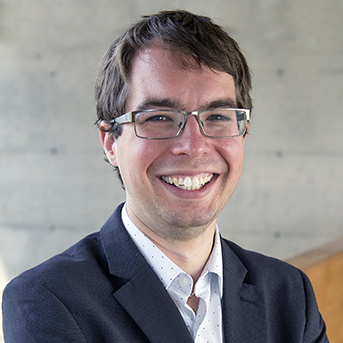
Eric B. Kennedy, an associate professor in Disaster & Emergency Management, associate director of Y-EMERGE, and editor-in-chief of the Canadian Journal of Emergency Management, is an expert in wildfire and forest fire management in Canada and around the world. He also specializes in the use of science, evidence, and science advice in disaster management.
He can discuss:
- Fire management & fire response in Canada and globally
- Causes and types of fires in Canada and impacts of climate change
- How individuals and governments can prepare for fire
- What happens during a fire response
- Changes and reforms needed to fire management and the importance of “learning to live with” fire rather than just fight it
- Social dimensions and human impacts of fire
- Wildfire misinformation
- Use of science & evidence in disasters; both wildfire and beyond
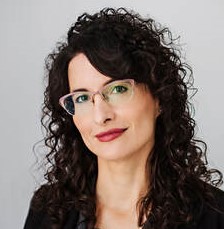
Evalyna Bogdan, an assistant professor and environmental and disaster sociologist, examines complex socio-environmental problems.
She can discuss:
- The role of local government in disaster and emergency management
- The importance of community-based research and engagement
- Community training around what to do in a disaster
- Innovative, educational and engagement strategies to strengthen societal disaster resilience, including serious games
- Flood risk management and governance

Aaida Mamuji, associate professor, looks at social vulnerability and capability during and after disasters, risk assessment, as well as hosting and resettlement issues. She is currently working on a book project capturing the lived experience of various vulnerable groups facing disasters across Canada. She is the principal investigator on Emergency Management for All, which is currently investigating the development of a stigma-focused agenda for emergency management. Mamuji is a member of the Digital Global Health and Humanitarianism Lab in the Dahdaleh Institute for Global Health Research, which examines how digital technologies are used in emergencies and disasters, as well as the challenges, risks, benefits and opportunities involved in their use.
She can speak to:
- Social vulnerability in disaster management
- Responses to international natural disasters
- Hazard and risk assessment
- Collaboration and coordination, during and after disasters
- Refugee resettlement
- Community-based initiatives
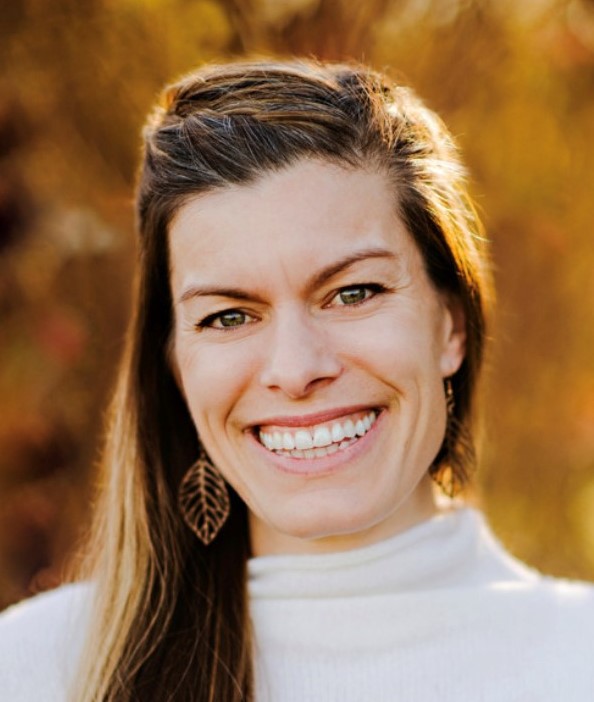
Jennifer Spinney, assistant professor and sociocultural anthropologist, examines the connection between various individuals and social groups living and working at the intersection of environment and society, particularly when faced with extreme weather events, emergencies and disasters, including hurricanes, floods, tornadoes, and unusual heat, such as heat domes, in Canada and the United States.
She can discuss:
- How people perceive and communicate risk, including early warning notifications
- The role of discourse in disaster management
- Social vulnerability and disaster risk creation
- How people make decisions in response to threat and to mitigate harm
- Recovery following extreme events and disasters, with a focus on “slow healing” and the importance of mental health in recovery outcomes
- Community engagement as a method for building disaster resilience
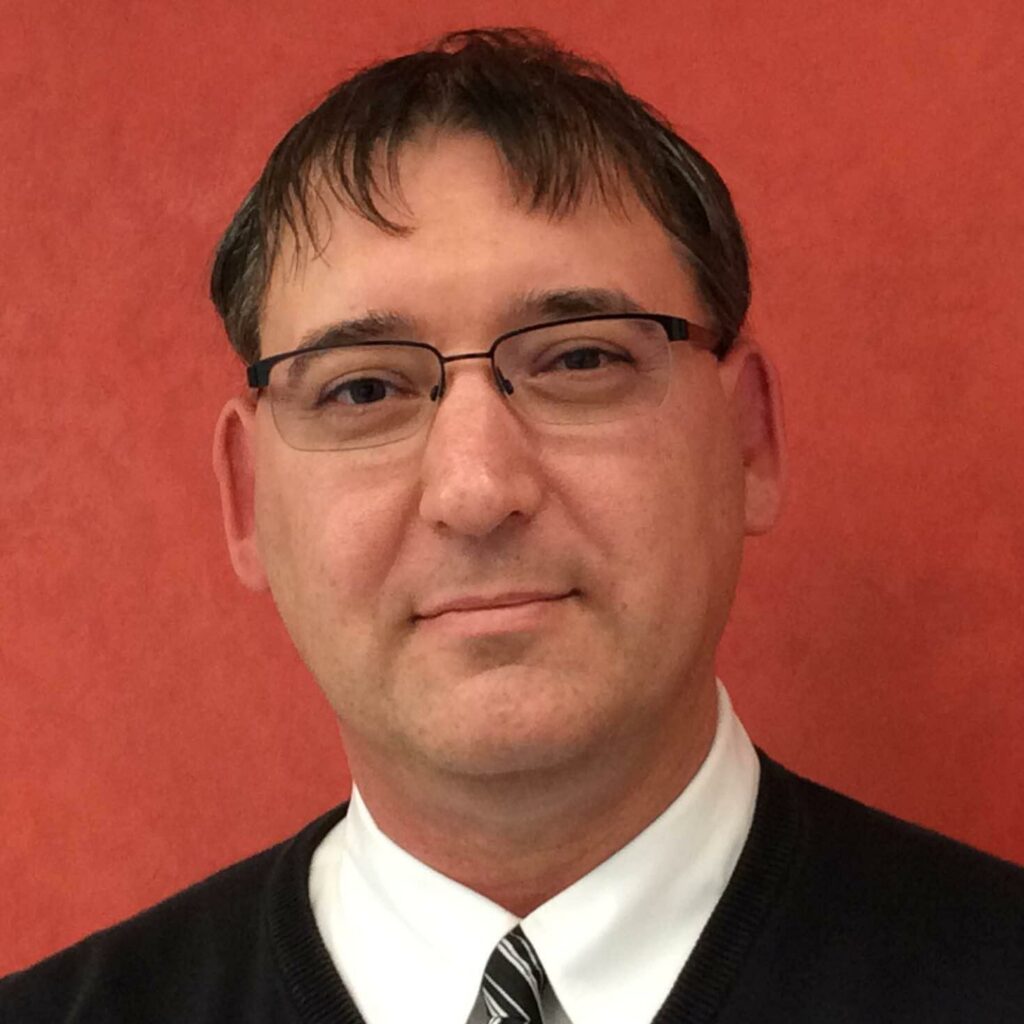
Jack L. Rozdilsky, an associate professor, is a subject matter expert in the field of emergency management. He has research and practice interest in the field of interdisciplinary emergency management and homeland security. He is also active in field-based qualitative research at locations that have been impacted by disasters of natural, technological, or social origins. His recent areas of specialty include terrorism, mass shootings, man-made hazards, and hazards of social origin. Rozdilsky also has an interest in the study of infrequent and unusual disaster events. Civil defense for nuclear war is one such topic being investigated. He is working on forthcoming books related to social vulnerability in Canada and disaster and popular culture. He is an also author for media outlets providing analysis of current events related to disasters, emergencies, and public safety. His writings can be found in The Conversation.
He is available for comment on the following issues:
- General emergency management issues (natural, technological, social disasters)
- Disaster response
- Emergency preparedness
- Terrorism
- Mass shootings
- Man-made hazards
- Nuclear war threats
- Emergency management policy
- Canada’s federal Emergency Act
- Canada’s provincial state of emergency declarations
- Disasters in the United States

